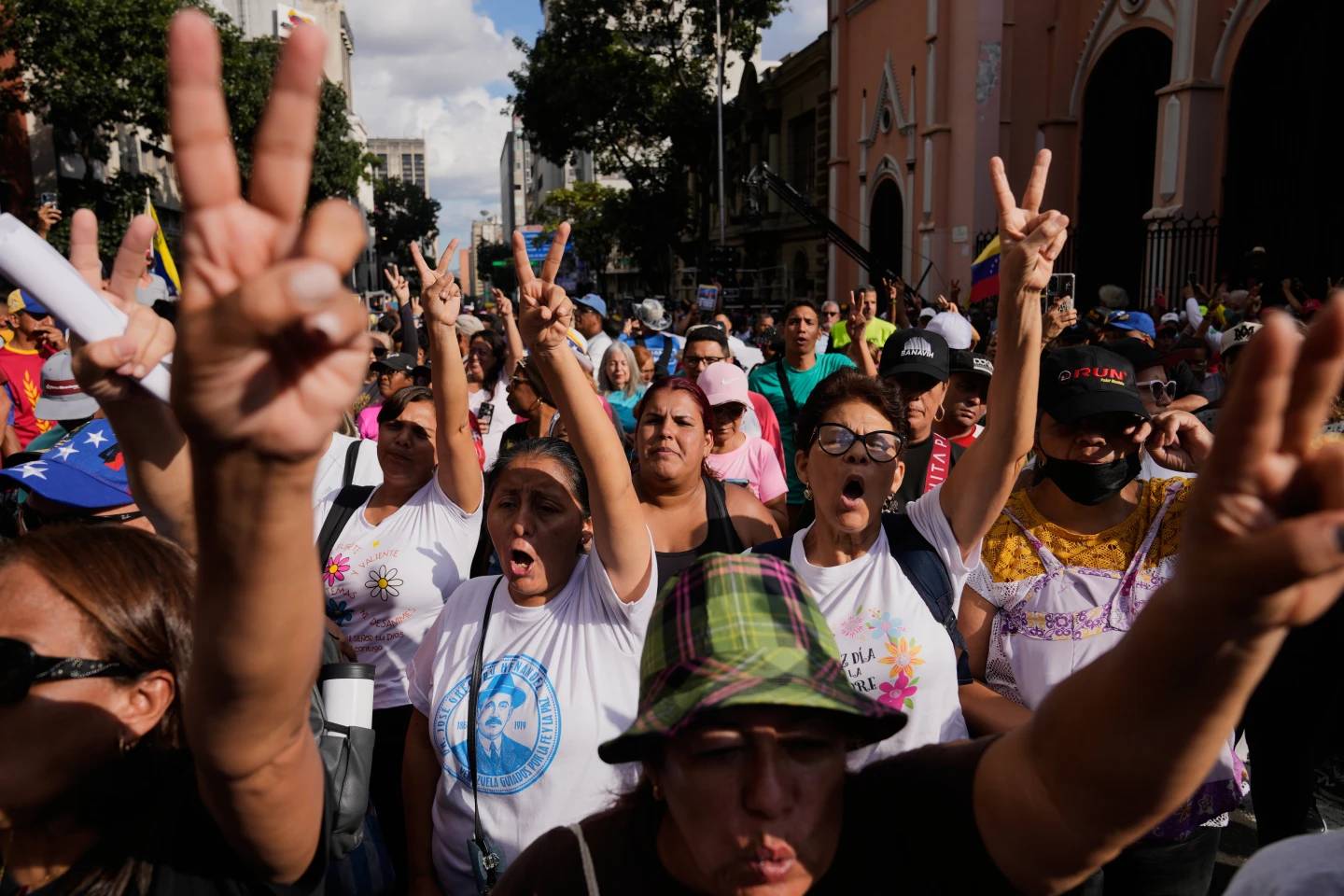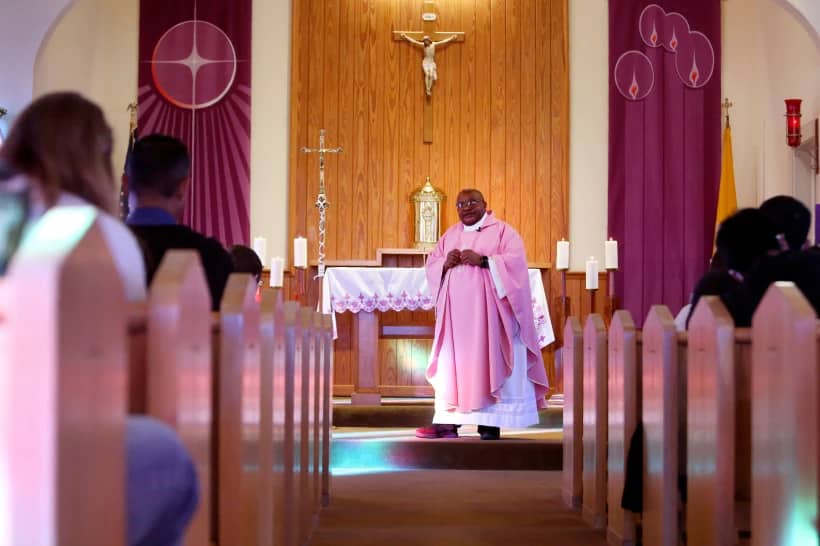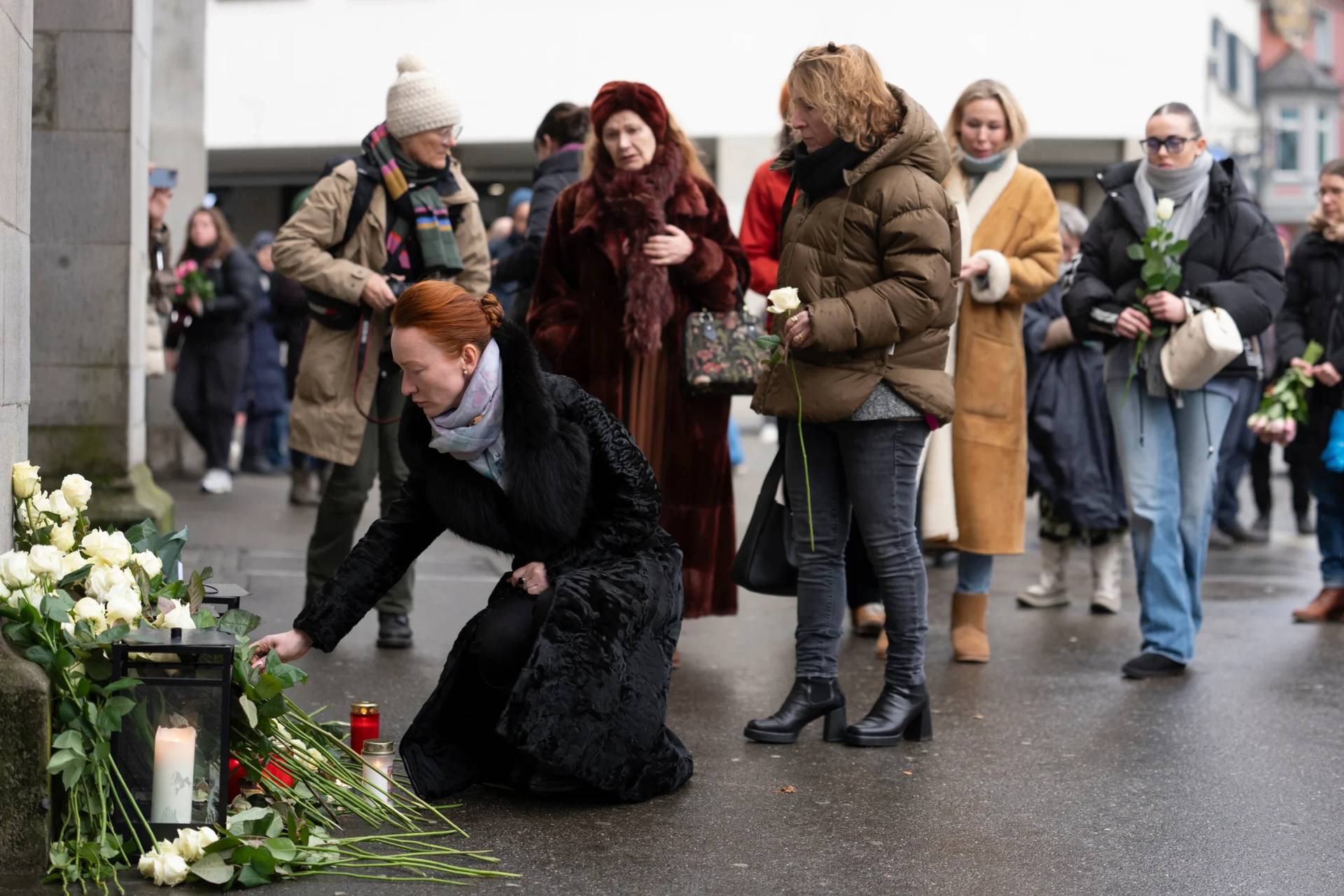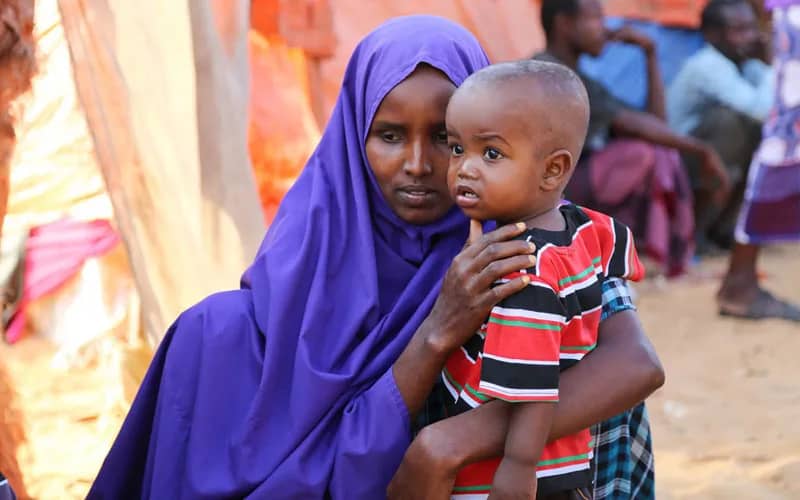YAOUNDÈ, Cameroon – Archbishop Samuel Kleda of Douala in Cameroon, a west African nation already grappling with a violent secessionist movement along linguistic lines, has predicted that the country may be for in even more tumult if the cost of living continues to skyrocket.
In a wide-ranging interview in a local daily newspaper LA Nouvelle Expression, the 64-year-old Kleda expressed concern that Cameroon could witness a return of “the 2008 Spring” if economic conditions don’t improve.
In 2008, what was initially a peaceful protest by taxi drivers morphed into political violence as citizens protested the high cost of living, blaming the government for spikes in prices. The violence left 44 dead, according to the government, although civil society organizations estimated over 140 people were killed.
The 2023 budget of the state of Cameroon has raised taxes on a wide range of goods, and the archbishop believes this could again make life unbearable for citizens.
“When the population will not be able to bear it anymore, the Spring of 2008 could return. Hunger always makes people react,” Kleda said.
The cleric said it was abnormal that Cameroon should make taxes a cornerstone of its budgetary policy, and noted that it could actually be counterproductive.
Of the US $10.18 billion voted by the country’s parliament as budget for the 2023 fiscal year, more than half, around $5.66 billion, is projected to come from tax and customs revenues. Kleda has condemned such a tax-dependent economic policy.
“The economy of a country should not be dependent on taxes. Taxes can’t develop a country,” Kleda said.
The cleric also condemned what he said was Cameroon’s over-reliance on imported products. For a long time, there has been talk in Cameroon about “import substitution,” referring to a trade and economic policy that advocates replacing foreign imports with domestic production. It is based on the premise that a country should attempt to reduce its foreign dependency through the local production of industrialized products.
But the reality on the ground has been different, with Cameroon spending $800,000, for instance, on the importation of toothpicks.
“There is a need to produce, but the country exports almost nothing, everything is imported,” Kleda said.
The archbishop noted that over time, Cameroon was actually retrogressing in terms of local production. The country was once self-sufficient in the production of rice, for instance, but now, “it’s become a luxury to consume rice.”
“We have to produce; we have fertile lands. Let’s develop the agricultural sector. Our sub-soil is exploited by foreigners.”
Kleda also spoke at length about one of Cameroon’s perennial problems: corruption. A 2021 report on the State of Corruption in Cameroon, published by the National Anti-Corruption Committee (CONAC) states that corruption is intensifying in Cameroon.
According to the 2021 Corruption Perception Index by Transparency International, Transparency International, Cameroon ranks 144 out of 180 countries in terms of success in preventing corruption.
The CONAC report states that Cameroon lost about $67 million to corruption in 2021, an increase of over $4.2 million compared to 2020.
The report singled out police and local government officials as some of the worst offenders, but it also identified health, education, finance, road transport, and territorial administration sectors as being the most corrupt.
Kleda said it was disturbing that Cameroonians had lost their sense of public service.
“In Cameroon, people think about what they will gain, and not what they will do to earn it,” the cleric said.
“We want everything for ourselves, Theft and corruption are the gangrenes impeding the development of our country, as long as these plagues are not stemmed, we will always be lagging behind. All Christians should show the example.”
“Work isn’t considered a service anymore. A worker is a servant in the image of Christ, We ought to be at the service of others,” Kleda said.
Kleda said the combination of corruption, government inertia and the lack of an incentivizing environment for development are forcing young people to seek greener pasture elsewhere,
“The situation is such that young people find it hard getting something to eat,” the archbishop said, and explained that when he goes around the streets of Douala, the main activity of youths is transportation using motorbikes.
“This isn’t an activity that can make young people live and be happy,” Kleda said.
“It’s a grave and critical situation in every major city of Cameroon.”
He called for “a good education and a good training for young people” as a way out, saying, “These youths need to find work.
“When youths are not employed in a country, that doesn’t presage a better future in terms of development,” he said.
He called on those in power to think seriously about the situation of young certificate holders who don’t have jobs, and the consequences that could result.
“We need to train youths capable of serving the country,” Kleda stated.















